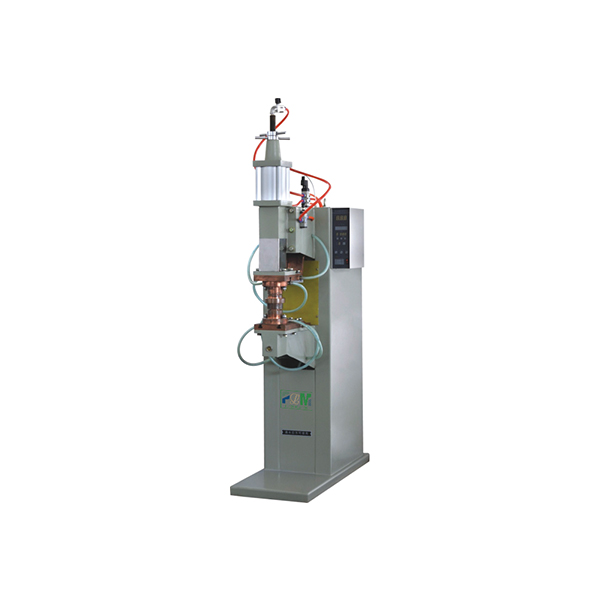Nov . 12, 2024 04:53 Back to list
diesel oil filter service
The Importance of Diesel Oil Filter Service
Diesel engines are renowned for their durability and fuel efficiency, but to maintain these characteristics, regular maintenance is crucial. One of the most vital components in a diesel engine's ecosystem is the oil filter. The effectiveness of oil filtration directly impacts engine performance, longevity, and ultimately, the operating costs of the vehicle or machinery. Therefore, understanding the importance and service practices of diesel oil filters is essential for any diesel owner or operator.
What is a Diesel Oil Filter?
The diesel oil filter serves a crucial role in the engine by filtering contaminants from the engine oil. Over time, dirt, debris, and other particles can accumulate in the oil due to combustion and mechanical wear. If these particles are not removed, they can cause significant wear and tear on the engine's internal components, leading to decreased efficiency and potential engine failure.
A diesel oil filter works by employing a filtration medium that traps these contaminants while allowing clean oil to flow through. There are various types of filters available, including spin-on filters and cartridge-style filters, each designed to cater to specific diesel engine requirements.
Why is Regular Service Necessary?
1. Enhanced Engine Performance Regular servicing of diesel oil filters ensures that the engine oil remains clean and free from particulate matter. Clean oil lubricates the engine components more effectively, reducing friction and promoting smoother operation. This not only enhances performance but also contributes to better fuel economy.
2. Extended Engine Life Contaminants in the oil can lead to premature engine wear. Routine oil filter changes can significantly prolong the life of the engine by protecting it from harmful particles. Regularly replacing the filter mitigates the risk of serious damage that could require costly repairs or even engine replacement.
3. Optimized Fuel Efficiency A dirty oil filter can restrict oil flow to the engine, thereby reducing oil circulation and overall efficiency. This can lead to increased fuel consumption as the engine works harder to compensate for the reduced lubrication. By servicing the oil filter regularly, operators can ensure optimal oil flow and, in turn, better fuel efficiency.
4. Cost-Effective Maintenance While it may be tempting to overlook oil filter changes to save money, the long-term impact can be far more damaging. Neglecting this simple maintenance task can lead to costly repairs, making it a false economy. The cost of an oil filter replacement is minimal compared to potential engine damage.
diesel oil filter service

How to Service Diesel Oil Filters
Servicing diesel oil filters involves a few straightforward steps
1. Identify the Correct Filter Ensure you have the right diesel oil filter for your specific engine model. Refer to service manuals or manufacturer specifications.
2. Drain the Oil Before removing the old filter, drain the engine oil to prevent spills and ensure a clean change.
3. Remove the Old Filter Use an appropriate filter wrench to remove the old filter, being cautious of any residual oil that may spill.
4. Install the New Filter Lubricate the rubber gasket on the new filter with a bit of fresh oil before installing it. This ensures a proper seal.
5. Add New Oil After installing the new filter, refill the engine with the appropriate type and amount of oil as dictated by the manufacturer.
6. Check for Leaks Once everything is reassembled, start the engine and check for any leaks around the oil filter area.
Conclusion
In summary, the diesel oil filter is a critical component that requires regular attention to ensure the engine operates efficiently and reliably. By understanding the significance of diesel oil filter service, owners can make informed decisions about their maintenance routines, ensuring the longevity and performance of their diesel engines. Regular service of the oil filter is not just a maintenance task; it is an investment in the future of your engine.
-
Durable Sintered Porous Metal Filter Tube Cup & Machines
NewsJul.22,2025
-
Effective Active Carbon Air Filter for Purifiers | Eliminate Odors
NewsJul.21,2025
-
PLJT-250-25 Full-auto Turntable Clipping Machine | Efficient Automation
NewsJul.20,2025
-
Cheap PLJY109-500 Full-Auto HDAF Expanded Mesh Spiral Coiling Machine - High Efficiency & Quality Manufacturer
NewsJul.08,2025
-
Best PLHJ-6 Full-Auto Eco Filter Rotary Heat Plating Machine - High Efficiency & Eco-Friendly Solution
NewsJul.08,2025
-
High-Efficiency Paper Pleating Machine for Filters Trusted Filter Paper Pleating Machine Company
NewsJul.07,2025
